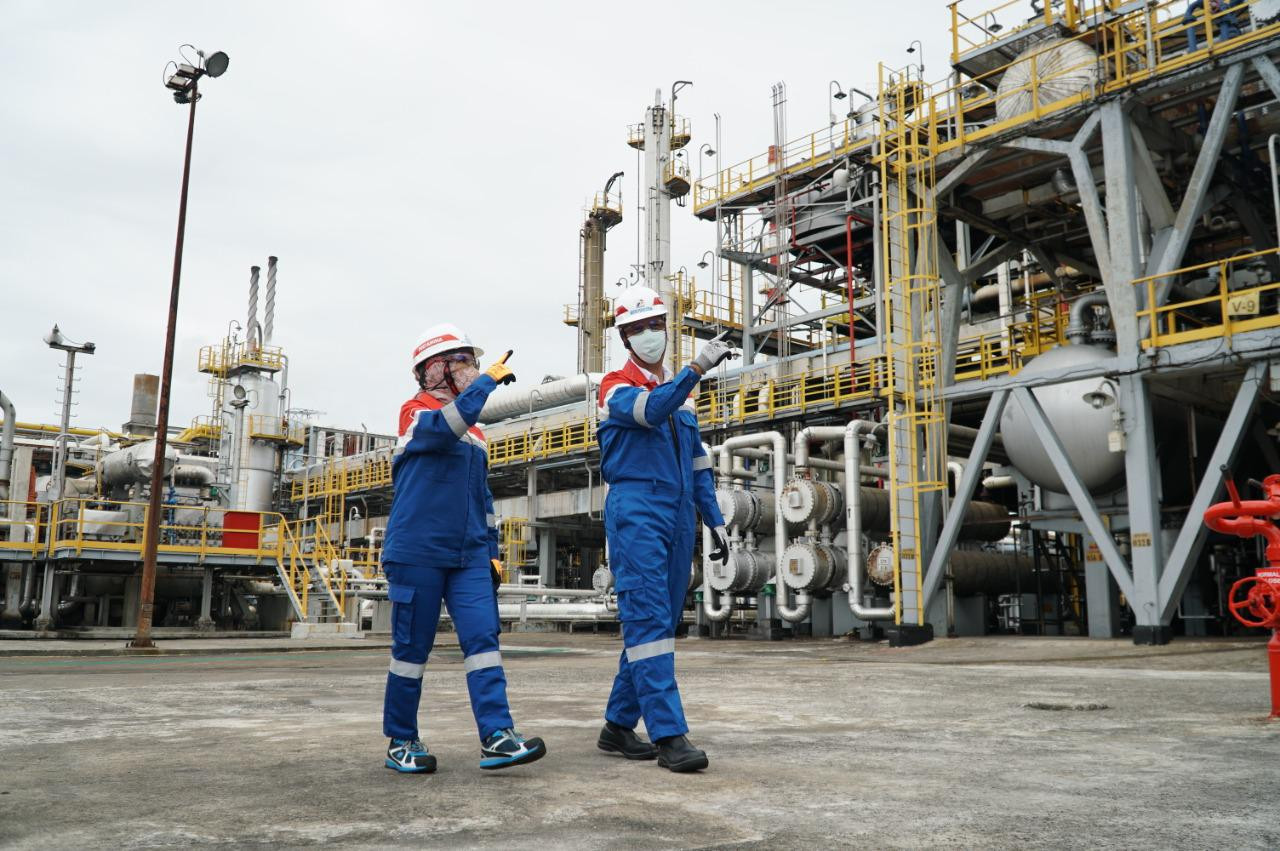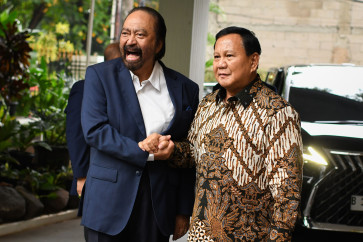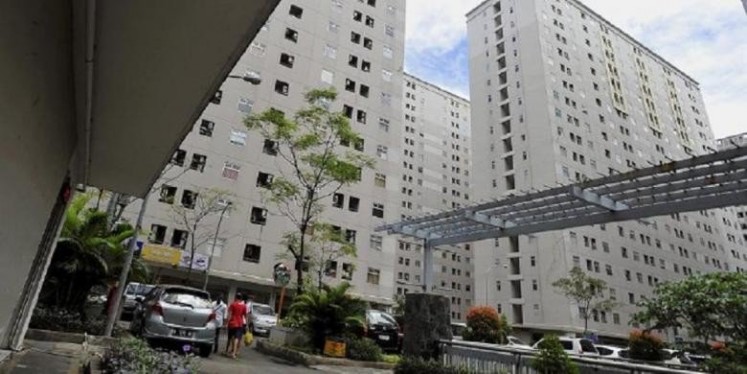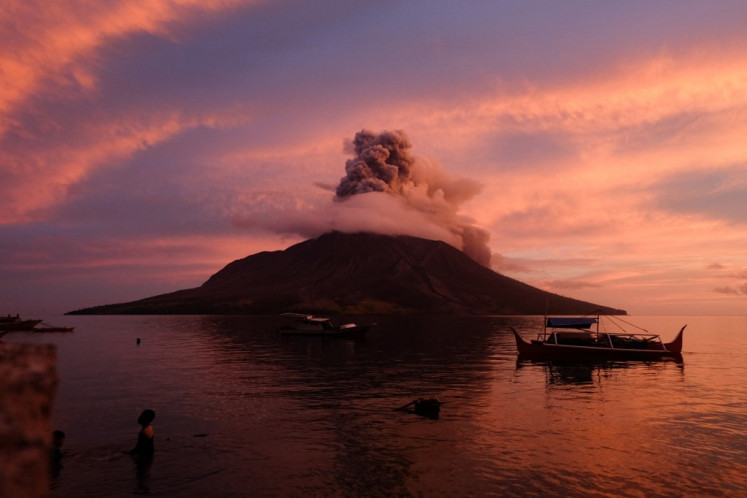Pertamina pilots palm oil-based 'green diesel' production
The green diesel, also known as D100, differs from the commercially available B30 biodiesel in that the former biofuel can be used in conventional vehicles at 100 percent purity.
Change Size
 Pertamina president director Nicke Widyawati (left) and Industry Minister Agus Gumiwang Kartasasmita visit the Dumai refinery in Riau on July 17. (Courtesy of Pertamina/-)
Pertamina president director Nicke Widyawati (left) and Industry Minister Agus Gumiwang Kartasasmita visit the Dumai refinery in Riau on July 17. (Courtesy of Pertamina/-)
S
tate-owned oil giant Pertamina has produced its first-ever batch of palm oil-based “green diesel” in its refinery in Dumai, Riau.
Trial production hit 1,000 barrels per day (bpd) from July 2 to 9, said Pertamina in a statement on July 15. The test proves the Dumai oil refinery is technically capable of producing such a biodiesel.
“Next, we need to look into an economics study,” said Pertamina president director Nicke Widyawati from Riau via a separate statement on July 16.
The green diesel, also known as D100, differs from the commercially available B30 biodiesel in that the former biofuel can be used in conventional vehicles at 100 percent purity.
In comparison, B30 is a mix of 30 percent palm-oil derived Fatty Acid Methyl Ester (FAME) and 70 percent fossil fuel diesel. Conventional vehicles cannot run on pure FAME and industries have complained about machine damages when using B30.
Thus, D100 could become a lower emission biodiesel option, Djoko Siswanto, secretary-general of the National Energy Board (DEN), told The Jakarta Post over the weekend.
“Both are much better than fossil fuels in terms of emissions,” he noted.
Experimenting with biofuel production is one of Indonesia’s many strategies to cut oil imports, which is a leading contributor to the country’s gaping trade deficit, a key vulnerability for Southeast Asia’s largest economy.
Indonesia recorded a US$3.55 billion oil and gas trade deficit during the January-June period this year while non-oil and gas trade booked a surplus of $9.05 billion in the same period, Statistics Indonesia (BPS) data show.
Palm oil is the choice crop for the strategy as Indonesia is the world's top palm oil producer and Riau is the country's palm oil heartland.
Government officials and palm oil players have also touted switching to palm-oil based biofuel as a solution to reduce Indonesia’s carbon emissions in fulfilling the country’s obligation toward the 2016 Paris Climate Agreement.
However, the palm oil industry behind Indonesia’s biofuel program has also been linked to deforestation and raging forest fires that environmentalists warn may offset carbon emission reductions from reducing oil consumption.
“If the biodiesel industry ends up clearing more forest or peatland, they are basically deceiving us,” said Dwi Saung, a clean energy campaigner with the Indonesian Forum for the Environment (Walhi), on Friday.
Pertamina has also tested production of a palm oil-based biogasoline at its Cilacap refinery in Central Java but with limited success, said Budi Santoso Syarif, deputy president director of Pertamina’s refinery subsidiary, PT Kilang Pertamina Internasional.
“Processing palm oil into green gasoline has never before been done in the world and Pertamina is the first,” he said on July 16.
Pertamina, he continued, was planning to test production of palm oil-based jet fuel (avtur) in its Cilacap refinery later this year.









